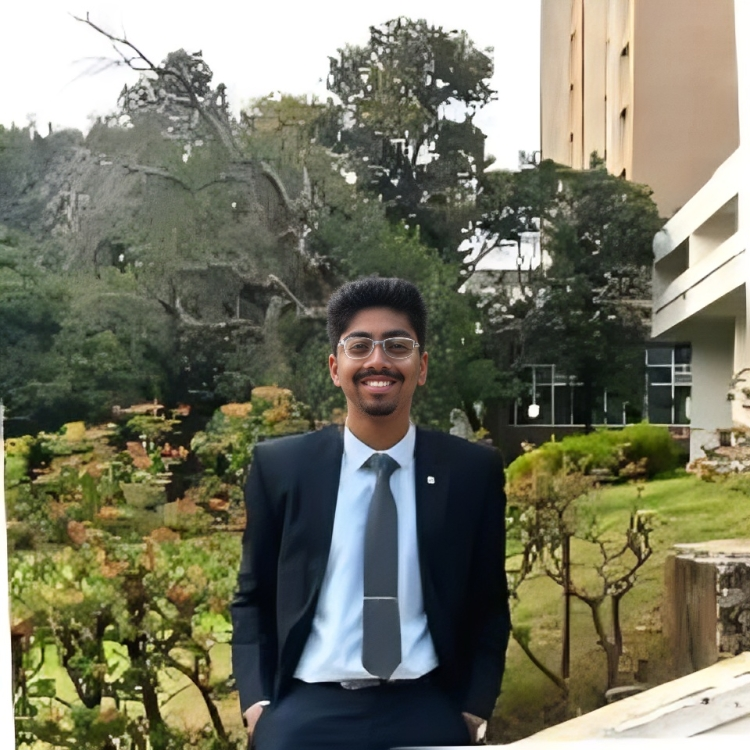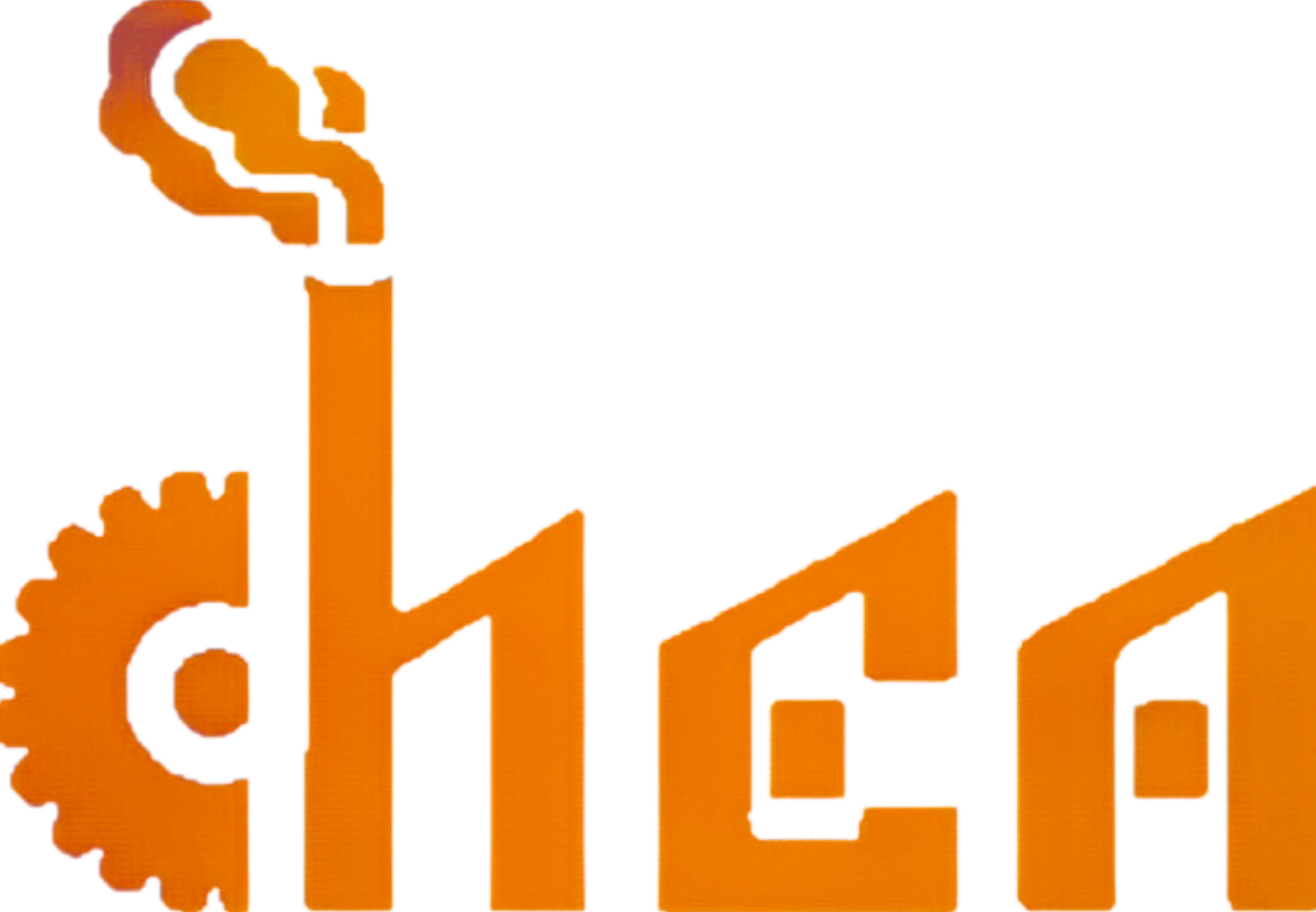ChEA BLOGS
Ayush Jain | Fashnear (Meesho)

How did you decide on the specific role and company you wanted to apply for?
Through various internships—including product management, supply chain, venture capital, and university roles—as well as serving as a web convener in my second year, I gained a diverse range of experiences. These opportunities helped me identify my preference for product- and strategy-focused roles over technical ones. I realized I am drawn to positions that involve analysis, strategic thinking, and decision-making. Even during my POR, at SARC, I discovered my true interests, which ultimately guided my choice to pursue non-tech opportunities.
How was the selection process and how did you prepare for that?
To prepare for the placement process, I focused on multiple sectors, including product management, FMCG, consulting, and finance. Structured problem-solving and puzzle-solving were integral to my preparation. Meesho’s selection process began with resume shortlisting, where 65 candidates were chosen. Since it was Meesho's first time hiring on campus, I wasn’t entirely familiar with the company, but I prepared diligently, especially for the HR round.
The first round lasted about 45–50 minutes and included a puzzle, a guesstimate, and a short market entry case. In the second round, which extended to around 1 hour and 20 minutes, I was asked to give a general introduction. Having 4–5 variations of your introduction ready is crucial, as interviewers might seek details beyond your resume. This was followed by a mixed case-solving exercise that combined consulting and product scenarios.
In the HR round, I made a small but impactful observation: all panel members had Meesho stickers on their laptops. Complimenting their workplace culture based on this observation left a positive impression. Small gestures like these can set you apart. Additionally, aligning your responses with the company’s values (such as Meesho’s 11 mantras) significantly enhances your interview preparation and shows a strong cultural fit.
Are there any resources or tips that you would like to share?
To prepare for different roles, it’s essential to tailor your strategies and utilize key resources effectively. For consulting roles, focus on structured problem-solving using resources like CIC, IIM Ahmedabad Casebooks, and Day 1 Prep Books. Engage in mock case-solving sessions with peers to develop adaptability and gain diverse perspectives. For product management, refer to books like Cracking the PM Interview and Futuristic Outlook to Product Management Books. Additionally, explore YouTube channels like PM School, which provide useful frameworks to build your own. Creating personalized frameworks is ideal, and you can refine them through consistent case-solving practice, iterating and improving after each attempt. Practice building decks or presentations, and refine your approach by analyzing real-world company challenges to strengthen your problem-solving skills.
For finance roles, focus on puzzles and probability questions using CAT materials or platforms like GeeksforGeeks. Resume preparation is equally critical—create a document listing all possible questions based on your resume and frame thoughtful, impactful answers. Customize your introduction to suit different sectors, ensuring it highlights unique aspects of your profile that are not on your resume. For HR rounds, research the company thoroughly to understand its values, strengths, and weaknesses, and prepare responses to common questions like “Why do you want to apply here?” or “What are your strengths and weaknesses?”
maintaining calmness throughout the process is vital. Focus on aligning your skills, experiences, and answers with the company’s culture and expectations. Personalize your preparation and demonstrate genuine interest in the company to leave a lasting impression.
If you have had to do your prep all over again, what changes would you do?
Prioritization is essential during the placement process to ensure you don't miss valuable opportunities. I wouldn't call it a mistake, but I found myself in a situation where I wanted to prepare for the HR round before an interview, but the company's strict timelines left me with no choice. The key takeaway here is to avoid leaving anything for the last minute, as placement days can be highly unpredictable. Plan ahead, prioritize your tasks, and make informed decisions to minimize regrets. Even if you miss out on something, it should be a conscious and well-thought-out choice.
What is your current exact role in the company, if we ask about a typical day in your life as the employee?
Work-life balance largely depends on your team dynamics and the nature of your role. My typical workday runs from 11 AM to around 7:30 or 8 PM, centered around strategy development and operational tasks. I manage a team of thirteen key account managers, collaborating with them to streamline processes, brainstorm improvements, and address potential problem areas. This requires identifying the right metrics and applying a structured approach to problem-solving. The role resembles business development, involving dynamic challenges and continuous process optimization. Additionally, I am currently working under a newly introduced charter adds an exciting layer of challenges and opportunities, making the role even more engaging.
In case interviews, questions are usually based on real problems the interviewer has tackled, making them unpredictable. Practicing guesstimates, such as estimating how many balls can fit into a room, can sharpen your problem-solving approach. Group discussions, on the other hand, require clarity and collaboration, with a good understanding of the company’s values enhancing your performance. Success in these stages ultimately depends on thorough preparation and the ability to adapt quickly to diverse challenges.
Key learnings from the process and a final note for fourthies
Don’t get discouraged if you’re not landing a job right away—remember, everyone is on their own journey. Avoid comparing yourself to others or letting toxic surroundings affect you. It’s normal to feel hurt, but stay focused and keep preparing. Seek help from friends, embrace constructive feedback, and use it to improve. Starting with any company is good to go unless you are not able to grow yourself in the team. Work hard and use it as a springboard to other opportunities. Stay consistent, sincere, and practice cases repeatedly to build confidence. Most importantly, don’t let self-doubt hinder your efforts. Stay positive and keep moving forward. All the best!
